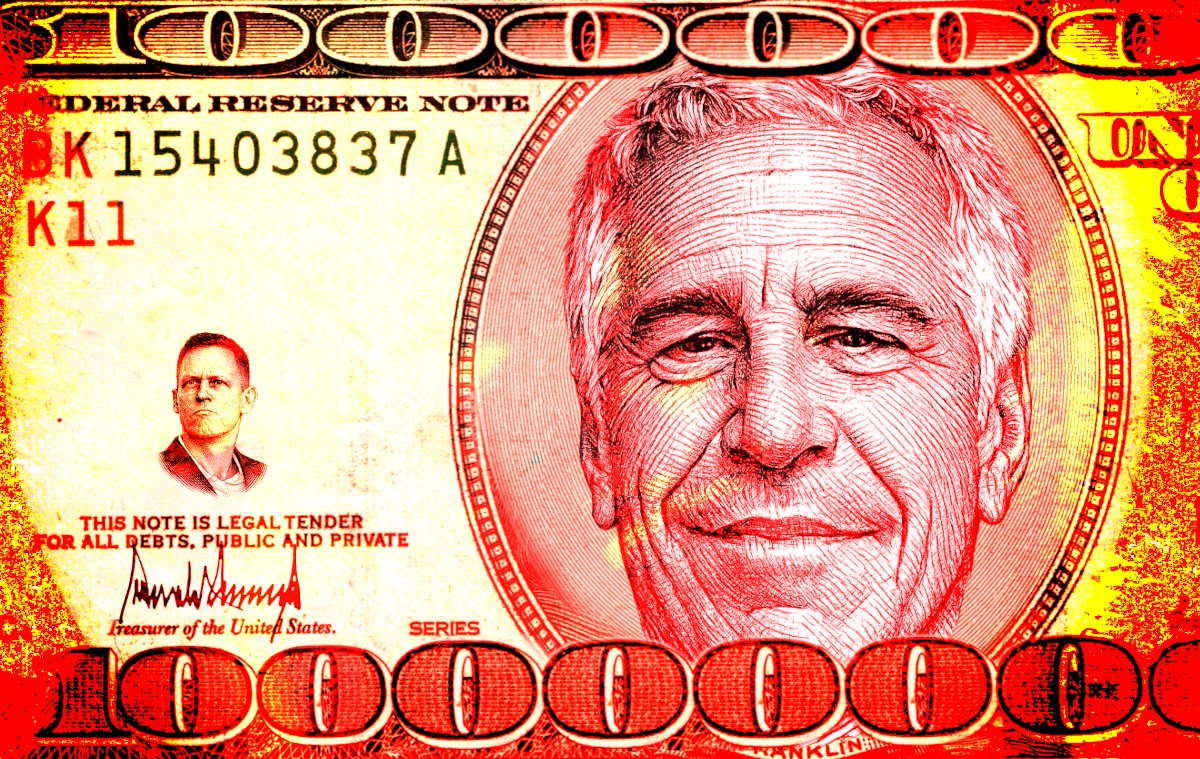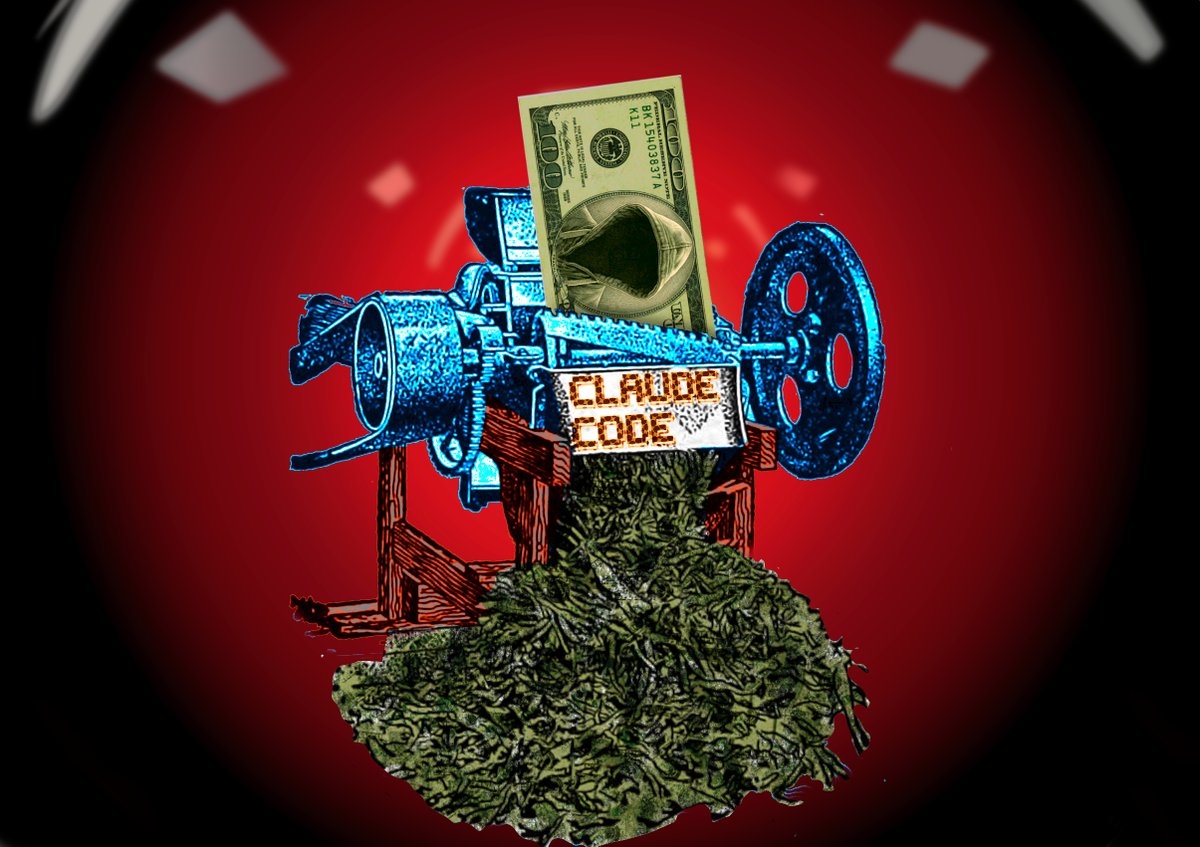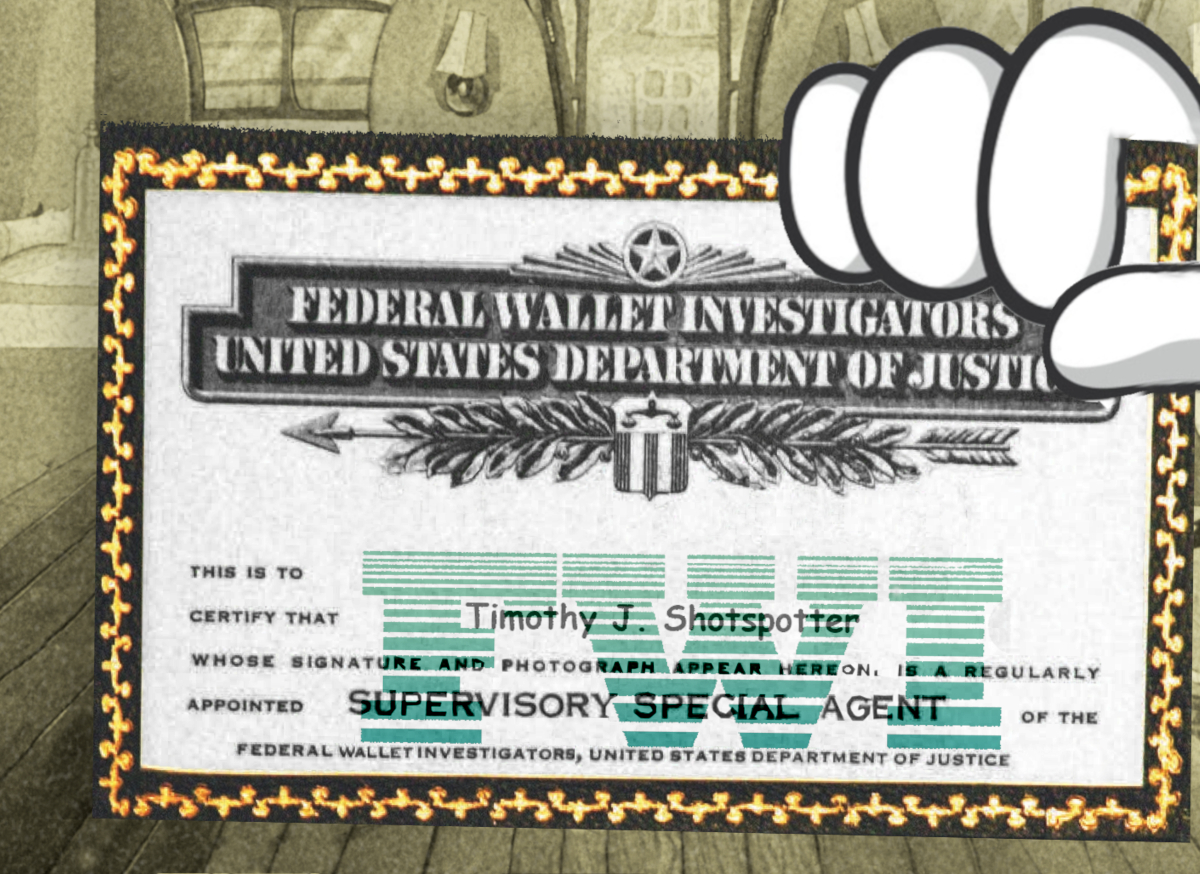Ben-Hur (1959) atomic-chronoscaph.tumblr.com/post/647548977…
Ben-Hur (1959) atomic-chronoscaph.tumblr.com/post/647548977…
Ben-Hur (1959) atomic-chronoscaph.tumblr.com/post/647548977…
Ben-Hur (1959) atomic-chronoscaph.tumblr.com/post/647548977…
Ben-Hur (1959) atomic-chronoscaph.tumblr.com/post/647548977…
Ben-Hur (1959) atomic-chronoscaph.tumblr.com/post/647548977…
Ben-Hur (1959) atomic-chronoscaph.tumblr.com/post/647548977…
Ben-Hur (1959) atomic-chronoscaph.tumblr.com/post/647548977…
Ben-Hur (1959) atomic-chronoscaph.tumblr.com/post/647548977…
• • •
Missing some Tweet in this thread? You can try to
force a refresh










